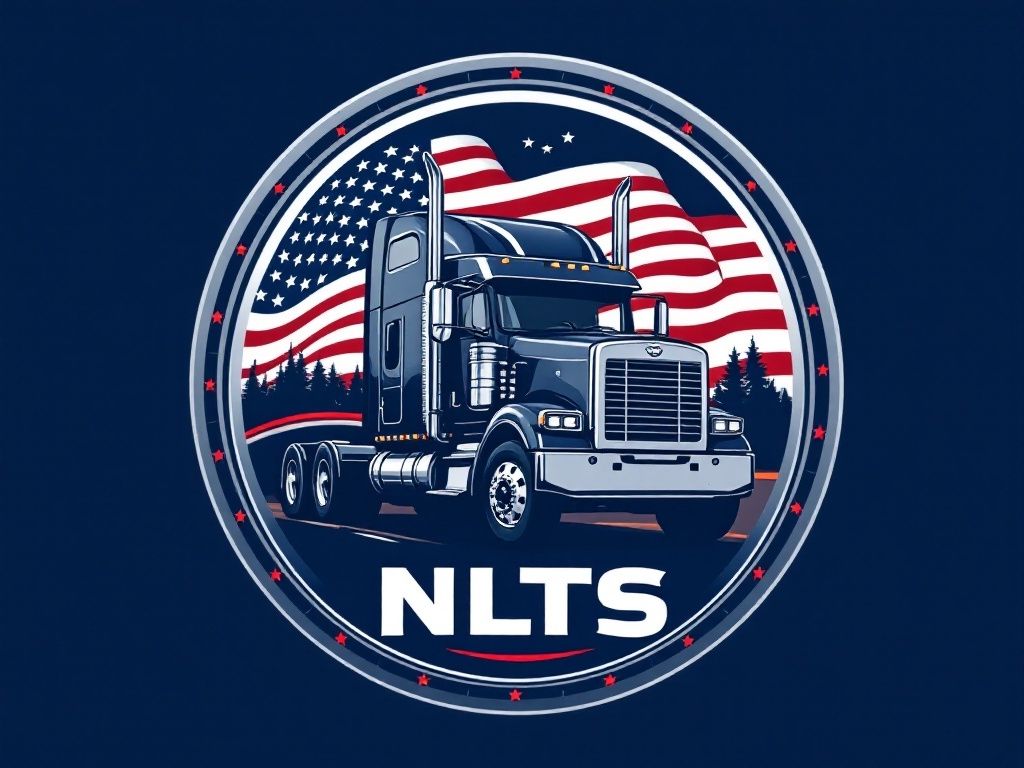Navigating Trucking Regulations: A Guide for Southeast Operators
Understanding the Regulatory Landscape
The trucking industry in the Southeast United States is a vital component of commerce, but navigating the complex web of regulations can be daunting. Operators need to be well-versed in both federal and state-specific rules to ensure compliance and maintain operational efficiency. This guide offers a comprehensive overview of the key regulations affecting trucking in the Southeast.

At the federal level, the Federal Motor Carrier Safety Administration (FMCSA) sets the standards for safety and operation. All commercial drivers must adhere to the FMCSA's regulations, which include rules on hours of service, vehicle maintenance, and driver qualifications. Familiarizing yourself with these requirements is crucial for avoiding penalties and ensuring the safety of your drivers and cargo.
State-Specific Regulations
In addition to federal rules, each state in the Southeast has its own set of regulations that trucking operators must follow. For example, Florida has specific guidelines on weight limits and permits for oversized loads. Similarly, Georgia requires special permits for certain types of cargo. Operators must stay updated with these state-specific rules to prevent costly fines and disruptions in operations.

One effective way to keep track of these regulations is by maintaining open communication with state departments of transportation. They often provide resources and updates on any changes in legislation that could impact your operations. Subscribing to newsletters or alerts from these agencies can also be beneficial.
Key Compliance Areas
Hours of Service
The FMCSA's hours of service regulations are designed to prevent driver fatigue, a leading cause of accidents. Drivers are limited to a maximum number of driving hours per day and must take mandatory rest breaks. It's essential for operators to implement electronic logging devices (ELDs) for accurate tracking and compliance with these rules.

Vehicle Maintenance
Regular vehicle inspections and maintenance are required to ensure safe operation on the roads. The FMCSA mandates that commercial vehicles undergo routine checks and repairs. Operators in the Southeast should have a robust maintenance schedule in place, prioritizing areas like brake systems, tires, and lighting.
Navigating Permit Requirements
Many states in the Southeast require special permits for oversized or overweight loads. These permits often have specific travel routes and time restrictions. Understanding the permit application process and costs involved is crucial for planning efficient routes and minimizing delays.
It's advisable to have a dedicated team member or department responsible for managing permit applications and renewals. This ensures that your operations remain compliant and reduces the risk of unexpected interruptions.
Conclusion
Navigating trucking regulations in the Southeast requires diligence and a proactive approach. By staying informed about federal and state-specific rules, maintaining compliance with key regulations, and effectively managing permits, operators can streamline their operations and focus on delivering exceptional service.
Investing in resources like compliance management software or consulting with industry experts can further enhance your ability to navigate this complex landscape efficiently.
